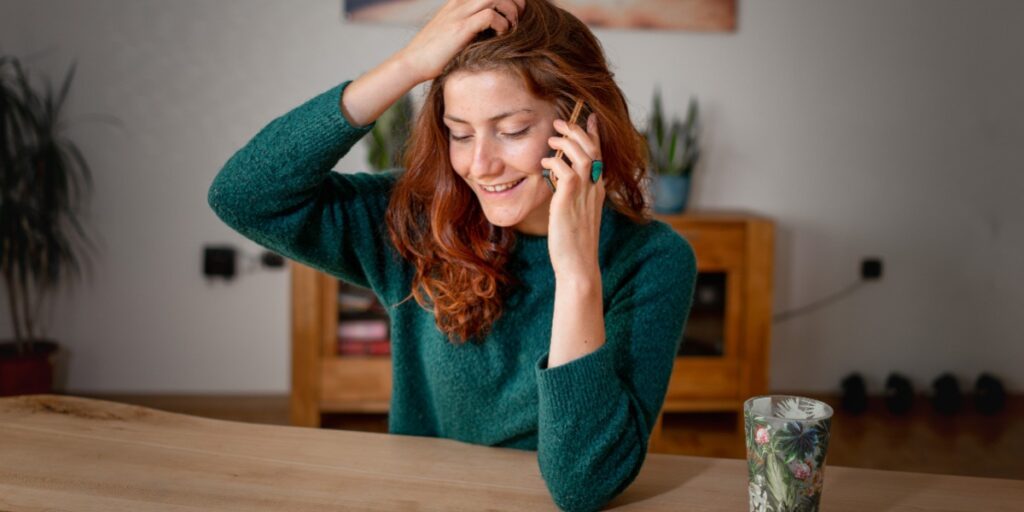Residents who have been told they must self-isolate by NHS Test and Trace are to receive welfare checks from Dorset Council and partners in the community response to coronavirus (COVID-19).
 From Monday 12 October calls will be made soon after residents have been told they need to self-isolate because they may be infected with the virus.
From Monday 12 October calls will be made soon after residents have been told they need to self-isolate because they may be infected with the virus.
The aim of the welfare checks is to make sure people have support in place so they can self-isolate safely.
What is self-isolation?
Self-isolation is when you do not leave your home because you have or might have coronavirus (COVID-19). It means:
- do not go to work, school or public places – work from home if you can
- do not go on public transport or use taxis
- do not go out to get food and medicine – order it online or by phone, or ask someone to bring it to your home
- do not have visitors in your home, including friends and family – except for people providing essential care
- do not go out to exercise – exercise at home or in your garden, if you have one
If you have symptoms or have tested positive for coronavirus, you’ll usually need to self-isolate for at least 10 days.
You’ll usually need to self-isolate for 14 days if:
- you’ve been told to self-isolate by NHS Test and Trace
- someone you live with has symptoms or tests positive
- someone in your support bubble has symptoms or tested positive
Find more information about when to self-isolate and what to do
Cllr Laura Miller, Dorset Council Portfolio Holder for Adult Social Care and Health said:
“It is vitally important that people self-isolate when told to do so by NHS Test and Trace as this helps stop the virus spreading to other people.
“I understand that people will find this difficult for lots of reasons, but that’s why we’re making these calls.
“We will check you are able to get hold of food and medicine, and help set up support for you if you can’t.”
Sam Crowe, Director of Public Health for Dorset and BCP Councils said:
“You may be told by NHS Test and Trace to self-isolate or develop COVID-19 symptoms and have to self-isolate.
“Self-isolation means just that.
“You cannot leave your home unless you are taking yourself to have a COVID-19 test.
“This means not going to the shops or going out for exercise.
“I would encourage residents to have a plan in place in case you need to self-isolate.
“Talk to your friends and family to ask if they can deliver food and medicines to you.
“If you do not have a network of people you can rely on, then support is available.”
How will the welfare checks work?
The person making the call will assess the resident’s individual support needs. If a resident is vulnerable or doesn’t have friends, family or neighbours nearby who can help to access food and/or prescriptions, they can be assigned a volunteer to help them get the things they need.
Referrals can also be made to access priority supermarket delivery slots and, if the person is on a low income, advice will be given about accessing the new Test and Trace support payment.
Phone calls will also be backed up by emails to ensure offers of support get through.
Need help now?
If you are already staying at home because of COVID-19 and don’t have family, friends or a support network that can help get the things you need, we can help you.
- Tell us what you need using our online form
- Call our helpline on 01305 221000 8.30am -5pm, Monday to Friday
- Or find support in your local area through the Help and Kindness website
As the repercussions of COVID-19 continue, we know more people are finding themselves in financial difficulty. If you are worried about your job or your ability to pay your rent, mortgage or other bills, find information and advice that could help on our Reaching Out pages.
Latest updates on COVID-19 in Dorset
Find latest information about the numbers of reported cases in Dorset and Bournemouth, Christchurch and Poole Council areas.
More about NHS Test and Trace
NHS Test and Trace service works in two ways.
It notifies a person that they have had a confirmed test for coronavirus and advises on their requirement to isolate.
It also contacts those who have been in close contact with the confirmed case and informs them of the need to self-isolate.


Thank you for your call about my welfare during isolation, but I was unwilling to give any details as I received this call out of the blue. I was not aware these calls were being made, and as I receive such a high volume of scam calls on my landline and internet fraud communications by text and email I am naturally suspicious of any caller asking for personal details. The first thing I was asked was my date of birth, and then the alarm bells began to ring. If it was a genuine call, I apologise for not completing your telephone questions.